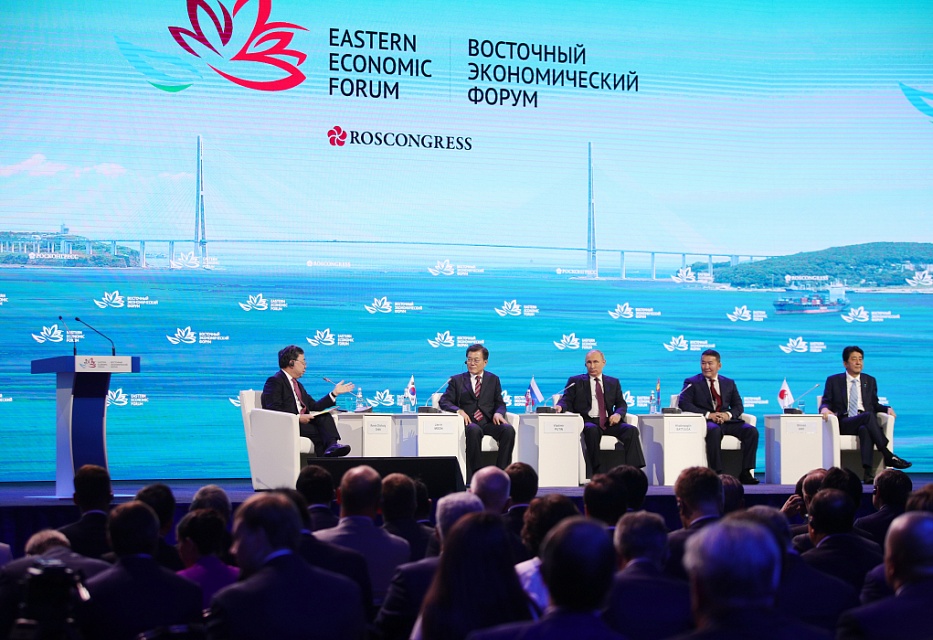From September 10th to the 13th, Vladivostok played host to the annual Eastern Economic Forum, a prominent international event held at Far Eastern University on Russky Island. Drawing participants from around the globe, this forum is a significant gathering in the world of economics and diplomacy. As the sole native English speaker in attendance, I felt both honored and burdened by the responsibility of witnessing and reporting on this event.
Throughout my time at the forum, I made an effort to engage with as many attendees as possible, seeking their insights on the forum’s objectives, their reasons for participating, and their thoughts on its organization. I attended numerous sessions where speakers covered a wide range of topics, from education and logistics to the exodus of youth from rural areas and the revival of long-forgotten urban districts.
One particularly fascinating experience was my interview with a Chinese investor who had entered the Russian market after a Western company, his competitor, withdrew due to external pressures. He expressed great satisfaction in not only supplying Chinese-made components but also initiating manufacturing operations within Russia. As our conversation unfolded, the discussion turned toward the future of trade, revealing an intriguing, lesser-known fact. Western companies that had previously exited the Russian market were now attempting to reestablish their presence. This prompted the question of how and why they were pursuing a return, given their prior disengagement.
It came to light that these very companies had covertly established subsidiary entities in countries with friendly relations with Russia. These subsidiaries were now reentering the Russian market and competing for the same lucrative contracts they had abandoned. Some of these companies were even publicly traded on U.S. stock markets, and certain politicians had vested interests in them through personal financial arrangements and retirement funds. These were the same companies that had been portrayed as champions of standing up to Russian influence, yet they were now trying to reengage with the Russian economy.
This revelation raised a critical question: Why should ordinary citizens bear the burden of higher living costs, from food to energy to healthcare, while politicians silently allowed multinational corporations to reenter Russia? It seemed that only the elite had the privilege of trading with Russia, while the rest of the population braced for another challenging winter ahead.





